The Death of the Gods
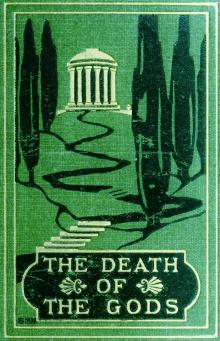

Author: Dmitry Sergeyevich Merezhkovsky
Category: Other2
Published: 2014
Series:
View: 306
Read OnlineThe novel tells the story of Roman Emperor Julian who during his reign (331–363) was trying to restore the cult of Olympian gods in Rome, resisting the upcoming Christianity. Christianity "in its highest manifestations is presented in the novel as a cult of absolute virtue unattainable on Earth which is in denial of all things Earthly," according to scholar Z.G.Mints. Ascetic to the point of being inhuman, early Christians reject the reality as such. As the mother of a Christian youth Juventine curses "those servants of the Crucified" who "tear children off their mothers," hate the life itself and destroy "things that are great and saintly," the elder Didim replies: a worthy follower of Christ is to learn to "hate their mother and father, wife, children, brothers and sisters, and their very own life too." The author (who sees Christ as "life\'s sworn enemy") sympathizes with his doomed hero. The advent of Christianity in the novel is presented as "the victory for evil and blind mob," who treat "Julian as not just an Apostate, but Antichrist," according to modern critic and biographer Oleg Mikhaylov. Biographers saw Julian\'s spiritual quest as something parallel to the ideas Merezhkovsky started to develop in the 1880s–1890s. The Emperor in the novel, acknowledging the "beautiful loftiness of Christian sermon," refuses to accept it, seeing it as a denial of the human sensuality and humanity as such. One of the novel\'s main ideas is that man\'s suffering stems from the conflict between the spirit and the flesh. The author conceded later that his initial philosophical approach was too straightforward and explained the way it changed: As I was embarking upon the trilogy Christ and Antichrist, it seemed to me that there were two truths: Christianity, the truth about Heaven, and Paganism, the truth about Earth. I considered the merging of the two as a way of attaining the higher religious truth. As I was finishing it, I knew already that the union of Christ and Antichrist was blasphemous lie. I understood that both truths, those of heaven and Earth, have been already united in Jesus Christ. But now I am also sure that I had to walk this misguiding path to its very end to finally see the truth.
 The Redemption of Memphis Drake: A Second Chance Romance
The Redemption of Memphis Drake: A Second Chance Romance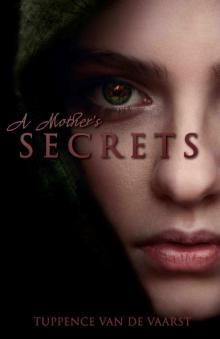 A Mother's Secrets
A Mother's Secrets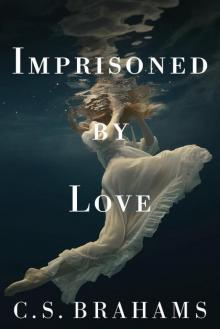 Imprisoned by Love
Imprisoned by Love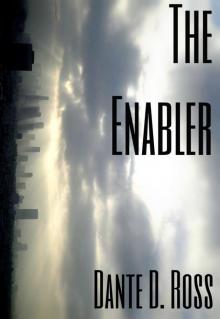 The Enabler
The Enabler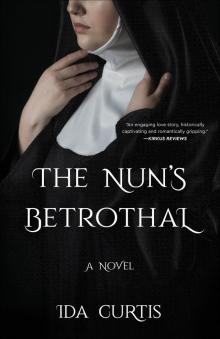 The Nun's Betrothal
The Nun's Betrothal My Brother's Best Friend's Secret Baby (His Secret Baby Book 8)
My Brother's Best Friend's Secret Baby (His Secret Baby Book 8) What the Shell
What the Shell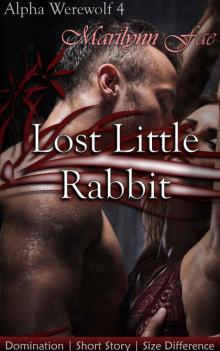 Lost Little Rabbit
Lost Little Rabbit